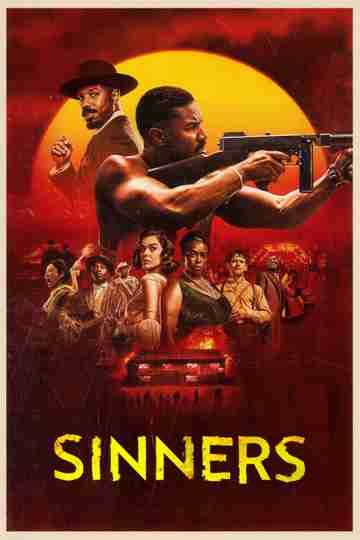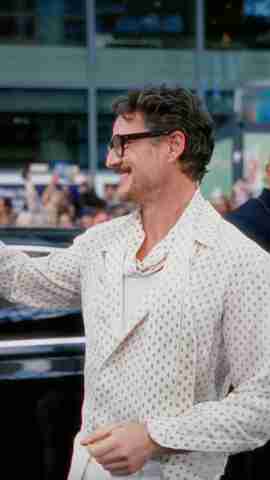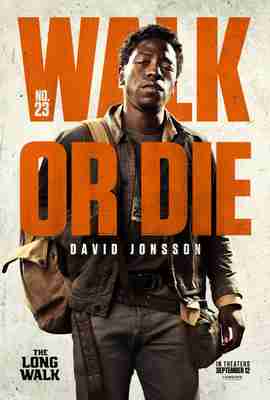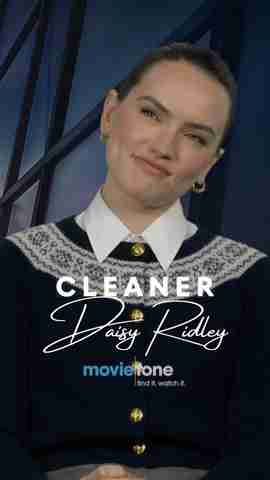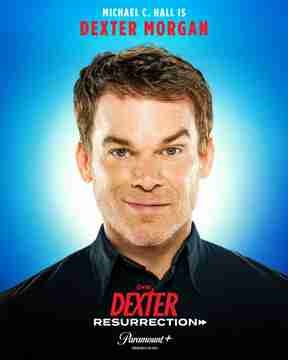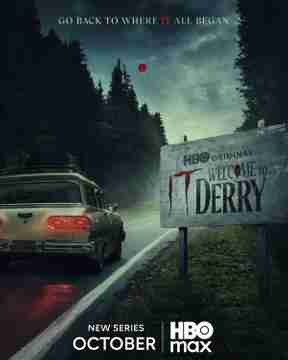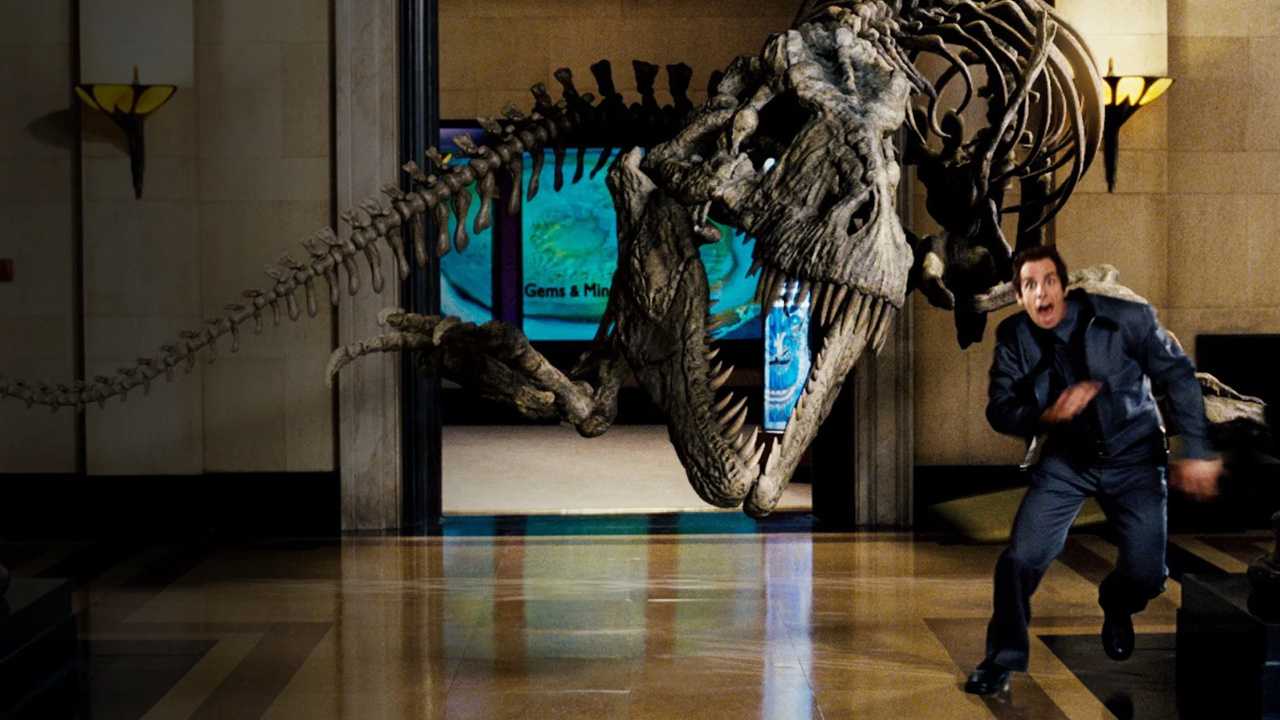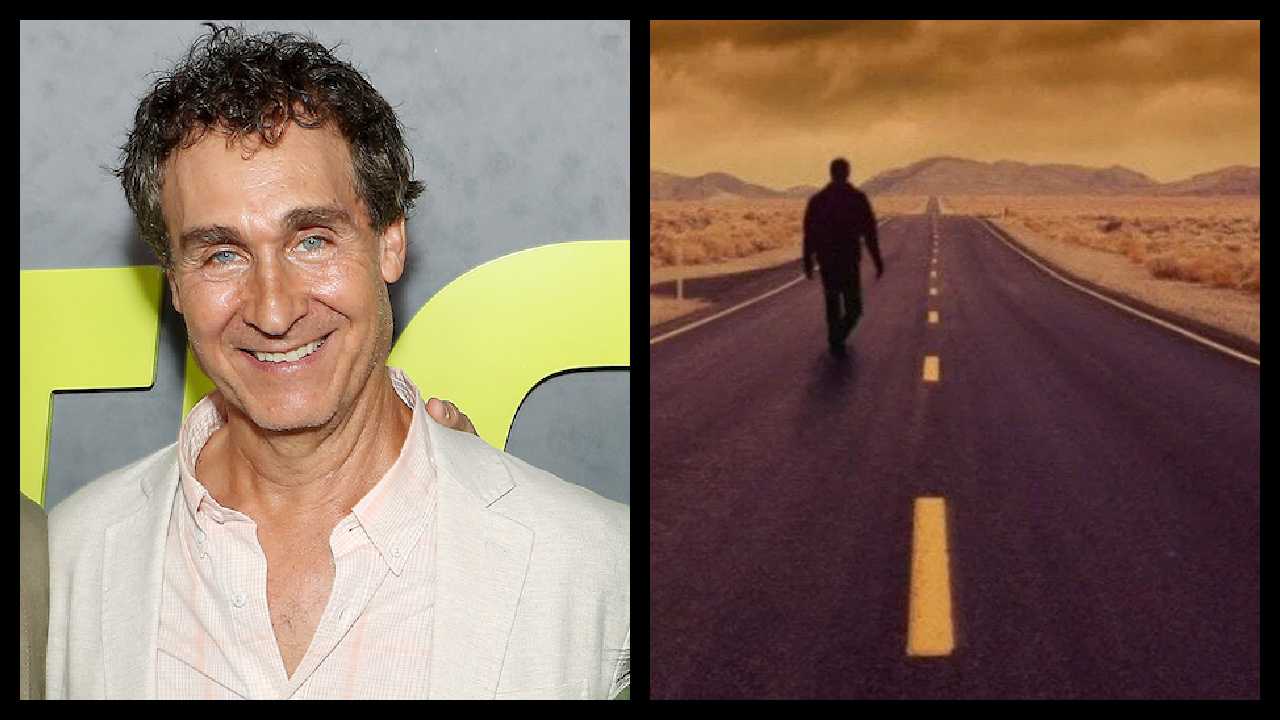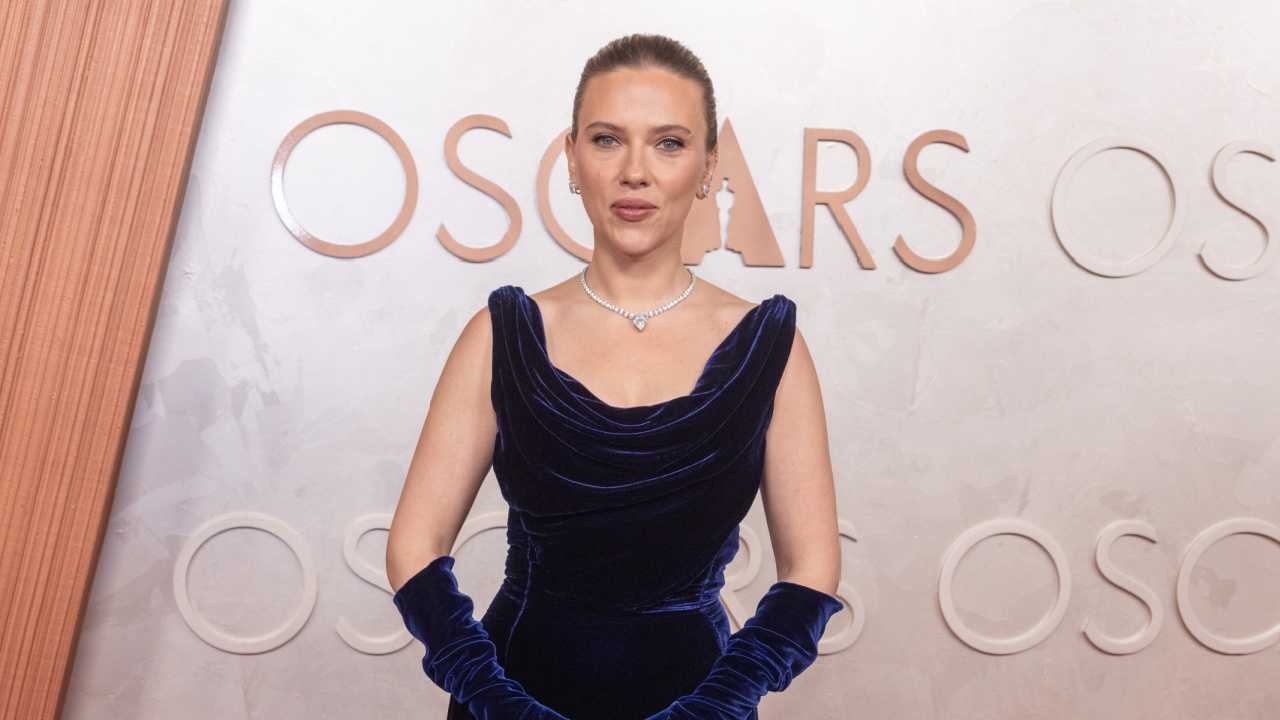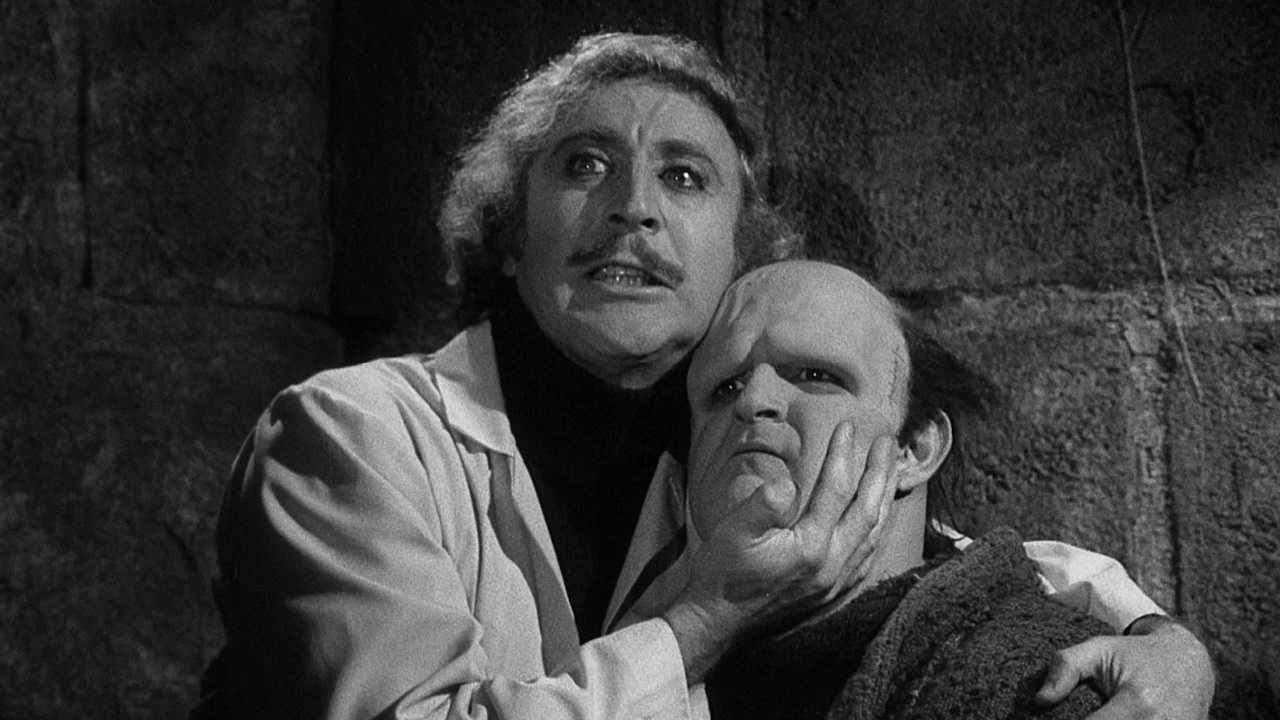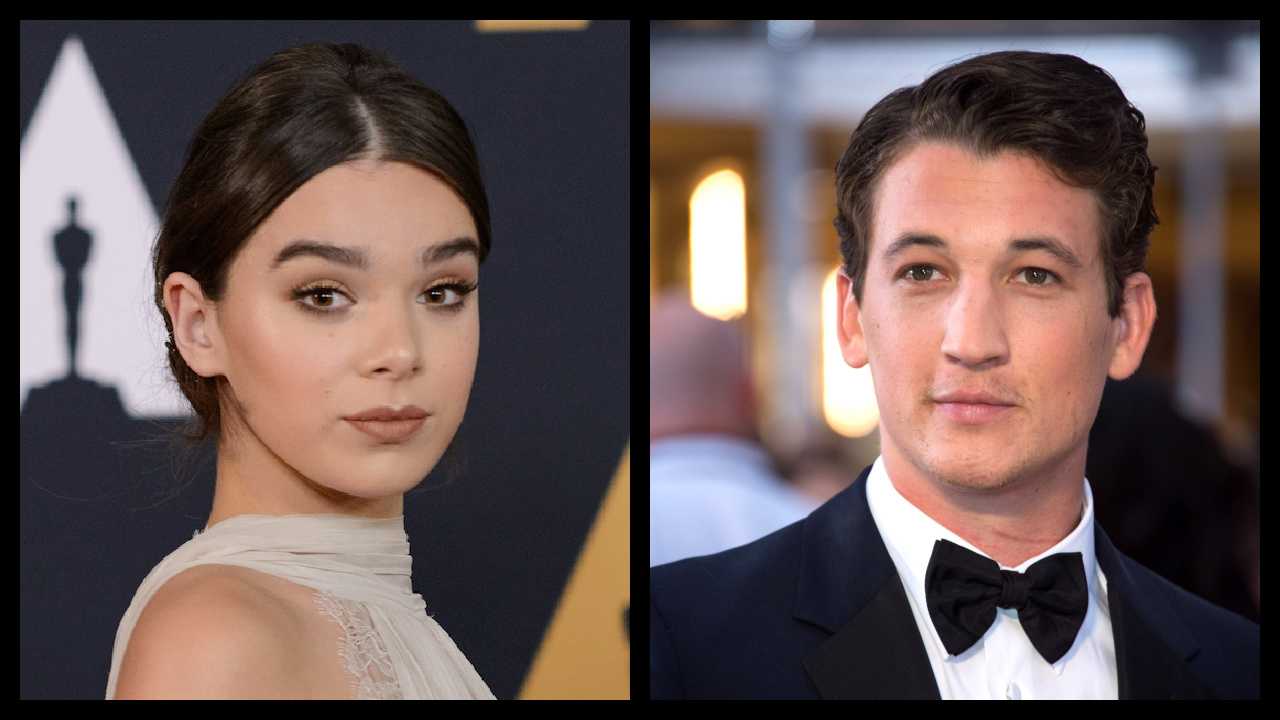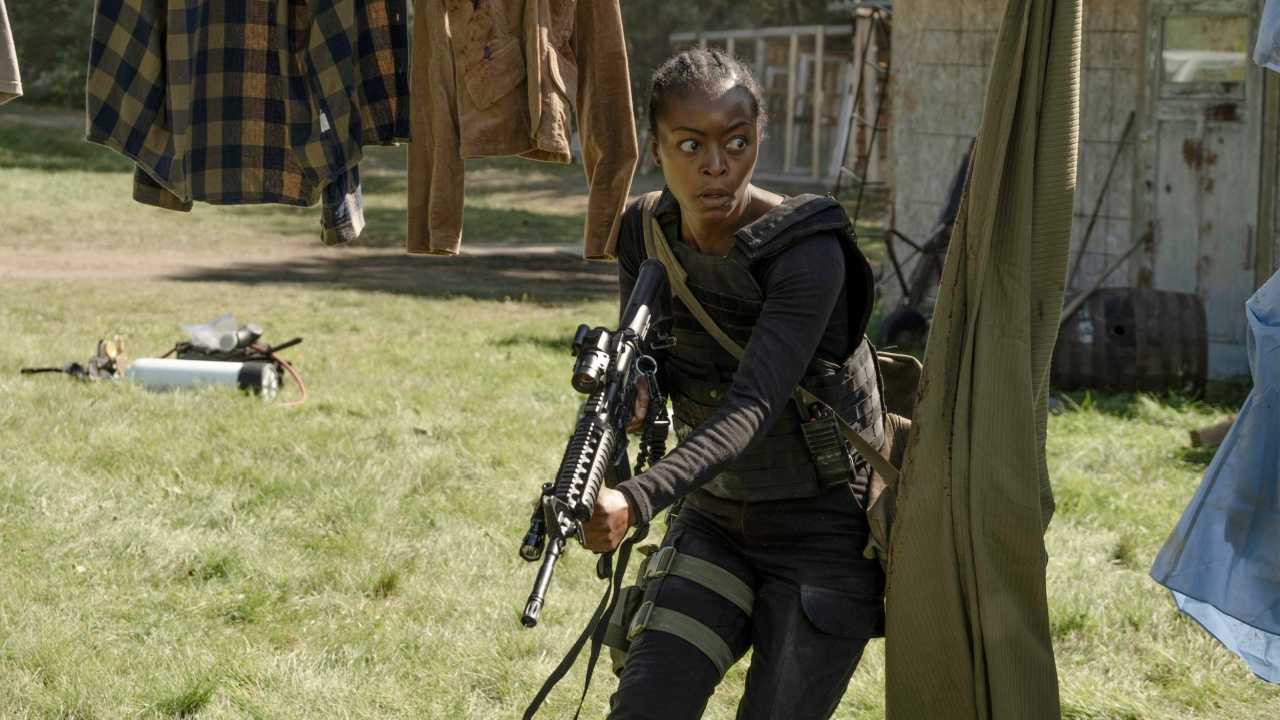Legendary Actor Sidney Poitier Dies at 94
The Academy Award-winning actor of ‘Lilies in the Field,’ ‘In the Heat of the Night,’ and ‘Guess Who’s Coming to Dinner,’ and the director of ‘Stir Crazy’ has passed away at the age of 94.

(L to R) Sydney Poitier and Rod Steiger in 'In the Heat of the Night' (1967)
It’s another sad day in Hollywood, as it was announced on Friday, January 7th that legendary actor Sidney Poitier has died at the age of 94. The groundbreaking actor, who was the first black man to ever win an Oscar for Best Actor for his work in ‘Lilies of the Field’ also appeared in such important and beloved movies as ‘In the Heat of the Night,’ ‘To Sir, With Love,’ ‘Guess Who’s Coming to Dinner,’ and ‘Sneakers.’
Poitier began his acting career on Broadway in the late 1940’s before earning his first big screen role in the 1950 film, ‘No Way Out.’ After several small roles, the actor received his first of two Academy Award nominations in 1958 for his role in ‘The Defiant Ones,’ opposite Tony Curtis. The actor would reprise his Broadway role as Walter Lee Younger in the film adaption of ‘A Raisin in the Sun,’ before winning his Oscar for playing Homer Smith in 1963’s ‘Lilies in the Field.’
But it was his role as police detective Virgil Tibbs in 1967’s Best Picture winner ‘In the Heat of the Night,’ opposite Oscar-winner Rod Steiger, that made the actor a bona fide movie star. That same year, Poitier would appear in both ‘To Sir, with Love,’ and ‘Guess Who’s Coming to Dinner’ with Spencer Tracy and Katharine Hepburn, before reprising his iconic role as Virgil Tibbs in both 1970’s ‘They Call Me Mr. Tibbs!’ and 1971’s ‘The Organization.’
The actor would spend the next decade as a filmmaker after his directorial debut with ‘Buck and the Preacher’ in 1972. He would direct and star in a series of 1970’s comedies along with Bill Cosby including ‘Uptown Saturday Night,’ ‘Let’s Do it Again,’ and ‘A Piece of the Action,’ before helming the iconic 1980 buddy-comedy ‘Stir Crazy’ with the legendary comedic-duo of Richard Pryor and Gene Wilder. After reuniting with Wilder and his then wife Gilda Radner to direct the 1982 comedy ‘Hanky Panky,’ Poitier would once again direct Cosby in 1990’s ‘Ghost Dad.’
Poitier would return to acting full time in the late 80’s with a series of popular action films including the criminally underrated ‘Shoot to Kill’ with Tom Berenger and Kirsty Alley. He would also appear in 1988’s thriller ‘Little Nikita’ with River Phoenix, as well as the 1997 remake of ‘The Jackal’ opposite Richard Gere and Bruce Willis. But to a younger generation, the actor might best be known for his work in the classic 1992 crime comedy ‘Sneakers,’ along with an all-star cast that included Oscar-winners Robert Redford and Ben Kingsley, as well as Oscar-nominees Mary McDonnell, Dan Aykroyd, David Strathairn, and River Phoenix.
He received an Honorary Academy Award in 2001 for “his extraordinary performances and unique presence on the screen and for representing the motion picture industry with dignity, style and intelligence throughout the world.” That was the same night Denzel Washington won his first Best Actor Oscar for ‘Training Day,’ and Halle Berry won Best Actress for her work in ‘Monster’s Ball,’ creating a groundbreaking night for the Academy. In his acceptance speech Washington said, “Forty years I’ve been chasing Sidney, they finally give it to me and what do they do? They give it to him the same night! I’ll always be chasing you Sidney. I will always be following in your footsteps. There is nothing I would rather do, sir.”
In 1995, Poitier received the Kennedy Center Honors, and in 2009 then President Barack Obama presented the actor with the Presidential Medal of Freedom. After news of the iconic actor’s passing, President Obama tweeted, “Through his groundbreaking roles and singular talent, Sidney Poitier epitomized dignity and grace, revealing the power of movies to bring us closer together. He also opened doors for a generation of actors. Michelle and I send our love to his family and legion of fans.”
Poitier is survived by his six daughters including Beverly, Pamela, Sherri, Gina, Anika, and Sydney, who is also an actor and is best known for her role in Quentin Tarantino’s ‘Death Proof.’

